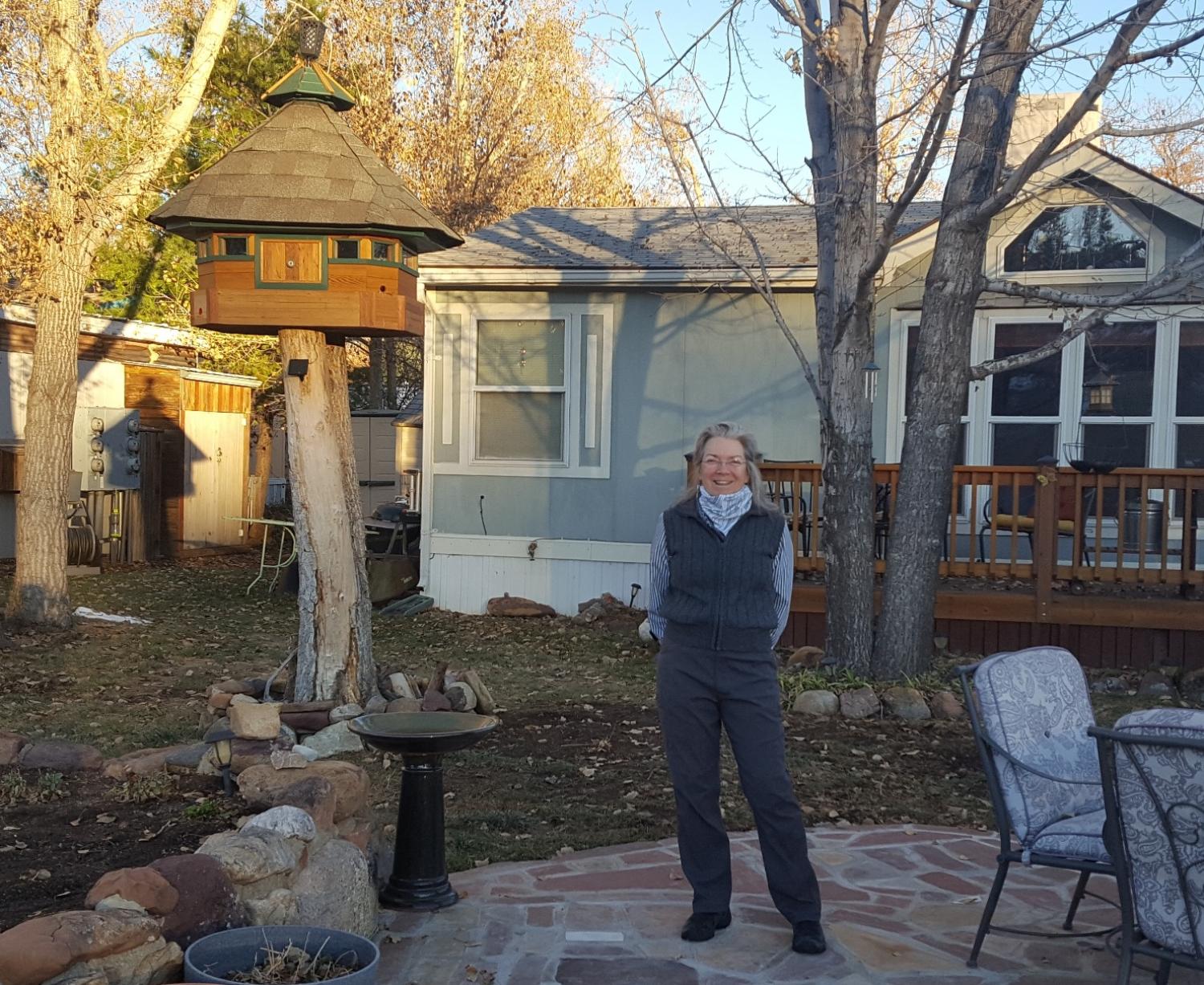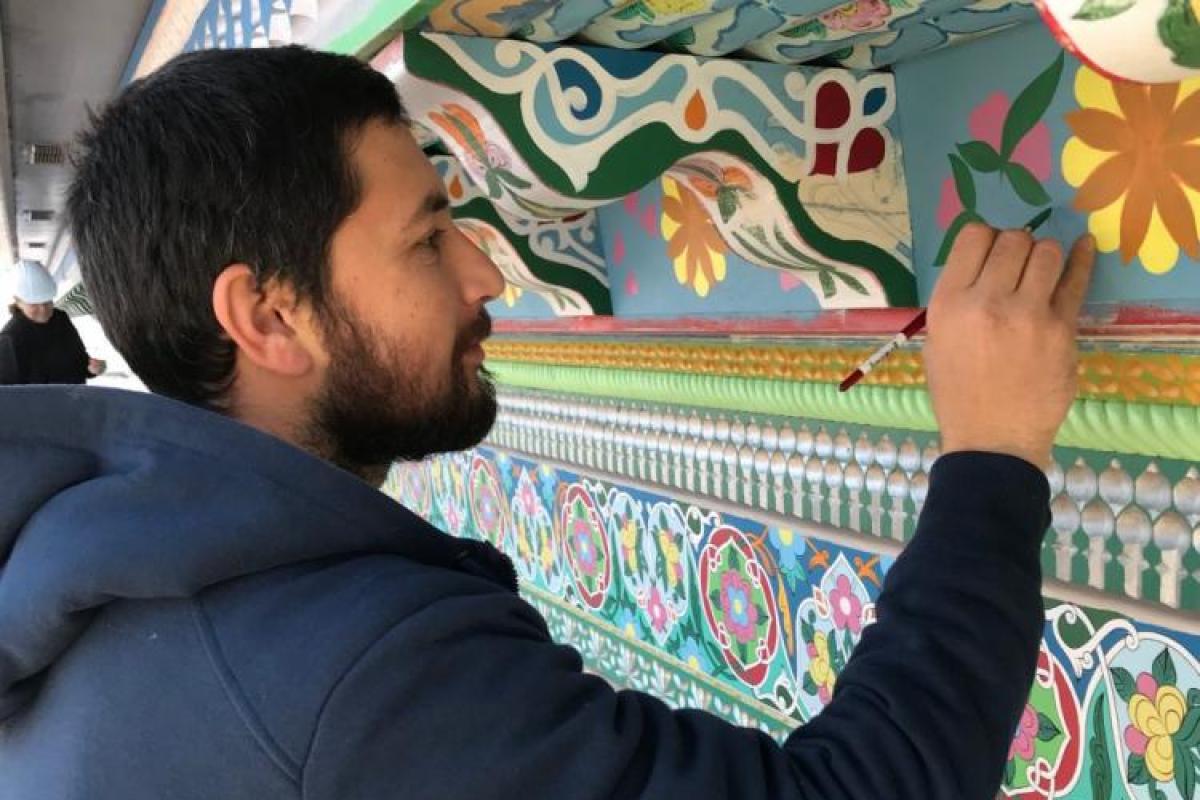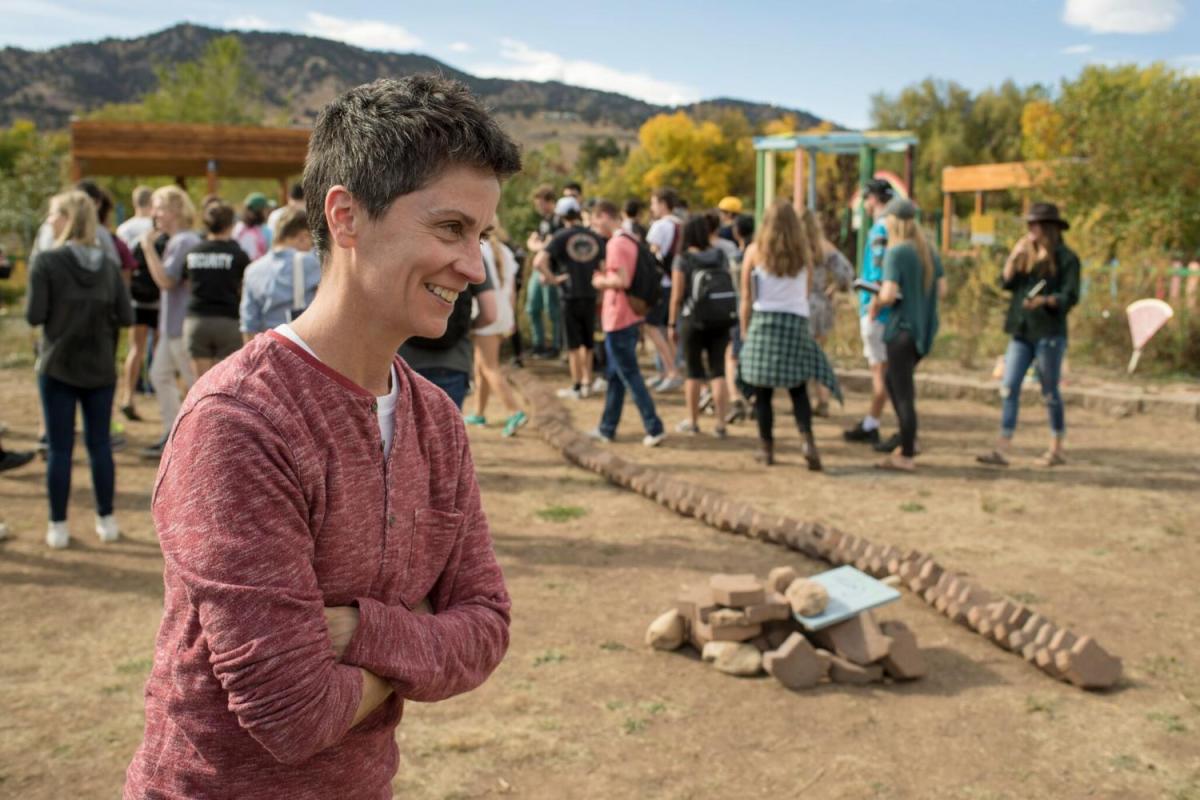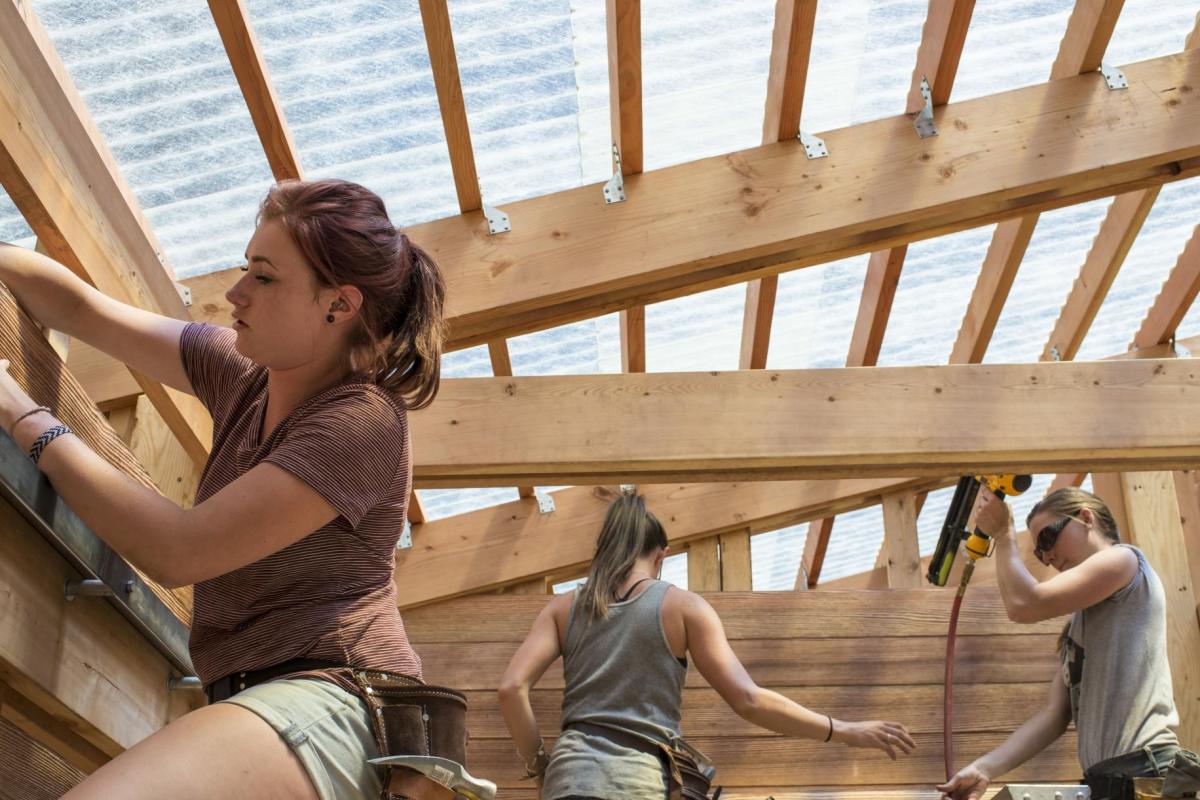Home
The Community Engagement, Design and Research Center (CEDaR) partners with Colorado and abroad communities to help build resilient and equitable cities and neighborhoods. CEDaR’s goal is to stimulate research and teaching on critical urban challenges, leading to innovations in design, policy and programs. Our work is rooted in a philosophy of engaged research integrated with service.
A research center in CU Boulder's Program in Environmental Design
News
Past Events
Community Design Workshop

Community Voices

Program areas
CEDaR helps organize a variety of community arts projects ranging from the restoration of the Dushanbe Teahouse in Boulder to design of a plaza in downtown Longmont.
Design and planning for urban redevelopment, place-making, and resource efficient urbanism
Assessment and application of urban technologies, and use of community science and analytics in urban management.
Innovative design for housing and energy cost-reduction, as well as increase in self-sufficiency and increase in health of vulnerable communities.
Integrated management of stormwater, urban heat, urban connectivity, water quality, air quality, and green infrastructure.
Engagement of young people in planning and design decisions, and evaluation of programs providing services to children and families.







